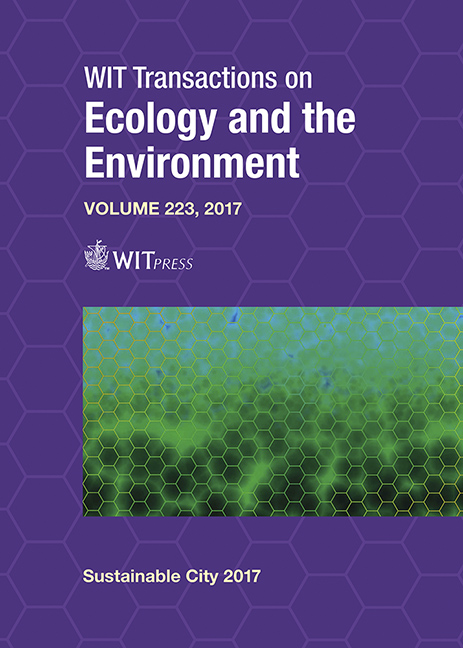SUSTAINABLE DEVELOPMENT FOR RECOVERING ECONOMIC CRISIS: A POSSIBLE SOLUTION FOR BRAZIL
Price
Free (open access)
Transaction
Volume
223
Pages
7
Page Range
39 - 45
Published
2017
Size
190 kb
Paper DOI
10.2495/SC170041
Copyright
WIT Press
Author(s)
AMANDA CAMPELO, DIEGO FONTENELE
Abstract
Brazil has been going through a period of intense political turmoil. The impeachment process of former president Dilma Rousseff started in December 2015 and brought significant upheaval to a country that now faces a deep political crisis. Accused of abuse of power, Mrs. Rousseff was charged with criminal administrative misconduct and violation of the federal budget, and in August 2016 was removed from office and replaced by Vice President Michel Temer. The new administration, in conjunction with the National Congress, lost no time in implementing new law reform programs, a questionable tactic designed to dodge lawsuits. To control expenses, Constitutional Amendments such as PEC 241 propose the freezing of public expenditures in health care and education for the next 20 years, potentially harming the development of the country and well-being of the citizens. It is precisely at this moment that Brazilian Urban Policies come into context and one must ask if the current policies are designed to benefit the government and its leaders or the people of Brazil. From this point of view, this paper aims to discuss how public policies that once generated social and economic development have been affected by the presidential impeachment process and how this can become a moment of opportunity to pursue a sustainable development capable of reviving Brazil’s economy. Through a social, environmental and economic approach, it is possible to develop a resilient economy capable of surviving, adapting and flourishing in the face of turbulent events. Designing cities that meet future needs, while improving human quality of life over time, is a clever way to develop the country, create meaningful jobs, restore the confidence of people in their institutions and assure the existence of natural resources for future generations. This article is intended to examine the current situation of Brazil’s urban policies and to propose feasible solutions within the country’s current context, which will benefit the entire population and improve overall quality of life.
Keywords
sustainable development, resilient economy, urban policies, right to the city, urban acupuncture





